We welcome comments to these policy initiatives.
- AATOD State Chapter Responses on Mobile Vans (November 23, 2024)
- TECHNICAL REVIEW OF SAMHSA’S FINAL REGULATIONS (March 8, 2024)
- Letter: AATOD’s response to SAMHSA’s proposed regulations – SAMHSA Proposes Update to Federal Rules to Expand Access to Opioid Use Disorder Treatment and Help Close Gap in Care (February 10, 2023)
- Patient Census Report (December 5, 2022)
- AATOD’s Five Year Plan – 2022 – 2026 (Released May 1, 2022)
- Regulatory Reform and Policy Initiatives for OTPs in a Post Covid- 19 World (Updated – March 2, 2022)
- Multi-Organizational Letter in Support of Preserving DATA 2000 Training (February 18, 2021)
This letter was sent to ONDCP and HHS from eight national organizations in support of preserving DATA 2000 training. The letter clearly supports the view that treating opioid use disorder requires specialty training. - COVID-19 Vaccine Distribution – National Governors Association (February 10, 2021)
AATOD calls for prioritizing OTP staff for the COVID vaccination and makes an extended request to use OTPs as vaccination sites to patients. - COVID – 19 Impact Report (October 11, 2020)
The information was generated by AATOD Board members. It is now being shared with you and the entire field so that you can get a better sense of what we do know about the impact of COVID-19 on patients and programs.This is an update of where we are concerning extended take-home medication, toxicology reports, Personal Protective Equipment (PPE) for staff and a number of third-party billing issues.
Executive Summary
Full Report - AATOD PDMP Policy Guidance Statement for OTPs (August 14, 2020)
There is a new amendment to the Confidentiality Regulation. One of the more salient changes permits – but does not require – OTPs to report data to the PDMP if required by state law and authorized by patient consent. This statement has been reviewed by the AATOD Board of Directors in addition to attorneys at the Legal Action Center. It has also been reviewed by the patient advocates at NAMA Recovery and state officials. The Legal Action Center provides a number of sample patient consent forms covering a number of policy issues to be in compliance with the new regulations.
- Registration Requirements for Narcotic Treatment Programs with Mobile Component (April 20, 2020)
We are writing in response to the Drug Enforcement Administration’s (DEA) Notice of Proposed Rulemaking “to revise the existing regulations for narcotic treatment programs (NTPs) to allow a mobile component associated with the registered program to be considered a coincident activity…This proposed rule would waive the requirement of a separate registration at each principal place of business or professional practice where controlled substances are dispensed for those NTPs with mobile components that fully comply with the requirements of the proposed rule, once finalized.” - COVID-19 Resources
- Using Medication Assisted Treatment to Treat Opioid Use Disorder: Learning from Past Experience to Guide Policy (January 10, 2019)
- Recommendations in Siting New OTPs in the United States (September 21, 2017)
The following recommendations should be used as a guide for OTPs as new programs are sited throughout the country. - AATOD’s Five Year Plan (2017 – 2021)
Progress Report (December 2019)
As you will note in reading through the plan, it sets out a broad policy agenda, which will be realized through working in close partnership with many organizations and individuals.We hope you find the topics to be of interest since they also reflect recent surveys that we have conducted among our colleagues throughout the United States, in addition to published policy papers. - Guidelines for Addressing Benzodiazepine Use in Opioid Treatment Programs (OTPs) (April 6, 2017) The clinical issue of benzodiazepine use and abuse by patients in our treatment programs has been extremely challenging. It is our collective hope that these guidelines will serve as a resource to our membership and the field. The AATOD Board of Directors and I would be interested in receiving your feedback.
- Proposal to Increase Medicaid Utilization for OTPs
- Comments to the Department / SAMHSA recommended changes in the Federal Confidentiality Regulations (April 11, 2016)
- Federal Confidentiality Regulations (June 23, 2014)
- Increasing Access to Medications to Treatment Opioid Addiction – Increasing Access for the Treatment of Opioid Addiction with Medications (July 2, 2014)
- MAT for Opioid Addiction in the Criminal Justice System (April 2014)
Mark Parrino’s (AATOD’s President) letter to the field regarding MAT for Opioid Addiction in the Criminal Justice System has many useful links to the following resources:- Letter to Attorney General Holder signed by 16 Senators
- LAC’s paper – “Legality of Denying Access to Medication Assisted Treatment in the Criminal Justice System”
- RSAT Training Tool: MAT for Offender Populations
- SAMHSA’s report on the use of Medication-Assisted Treatment and Criminal Justice System
- AATOD’s Response to SAMHSA’s Federal Register Notice of May 16, 2013 in Updating the Accreditation Guidelines for OTPs (July 2013)
- AATOD Guidelines for Using Naltrexone (Vivitrol) in OTPs (March 2013) There are three federally approved medications to treat chronic opioid addiction in the United States: methadone, buprenorphine, and Vivitrol/naltrexone. All three medications can be used as part of treatment for opioid addiction delivered through the federally certified and licensed Opioid Treatment Programs (OTPs). The AATOD Board of Directors believes that it is important for all OTPs to consider using all federally approved medications to treat chronic opioid addiction as we work in greater cooperation with Drug Courts, correctional facilities, and probation and parole offices. It is also important to use all federally approved medications, as noted above, as we prepare for the full implementation of Health Care Reform. READ MORE…
- AATOD Guidelines for Guest Medication (March 2013)
- AATOD’s Five Year Plan
- Challenges and Opportunities (July 2012)
- Washington State Prescription Monitoring Program
Notice to Patient of Evergreen Treatment Services - Guidance to OTPs Concerning the Use of Prescription Monitoring Program (PMP) Databases
- Medication-Assisted Treatment for Opioid Addiction: Challenges and Solutions – June 2011












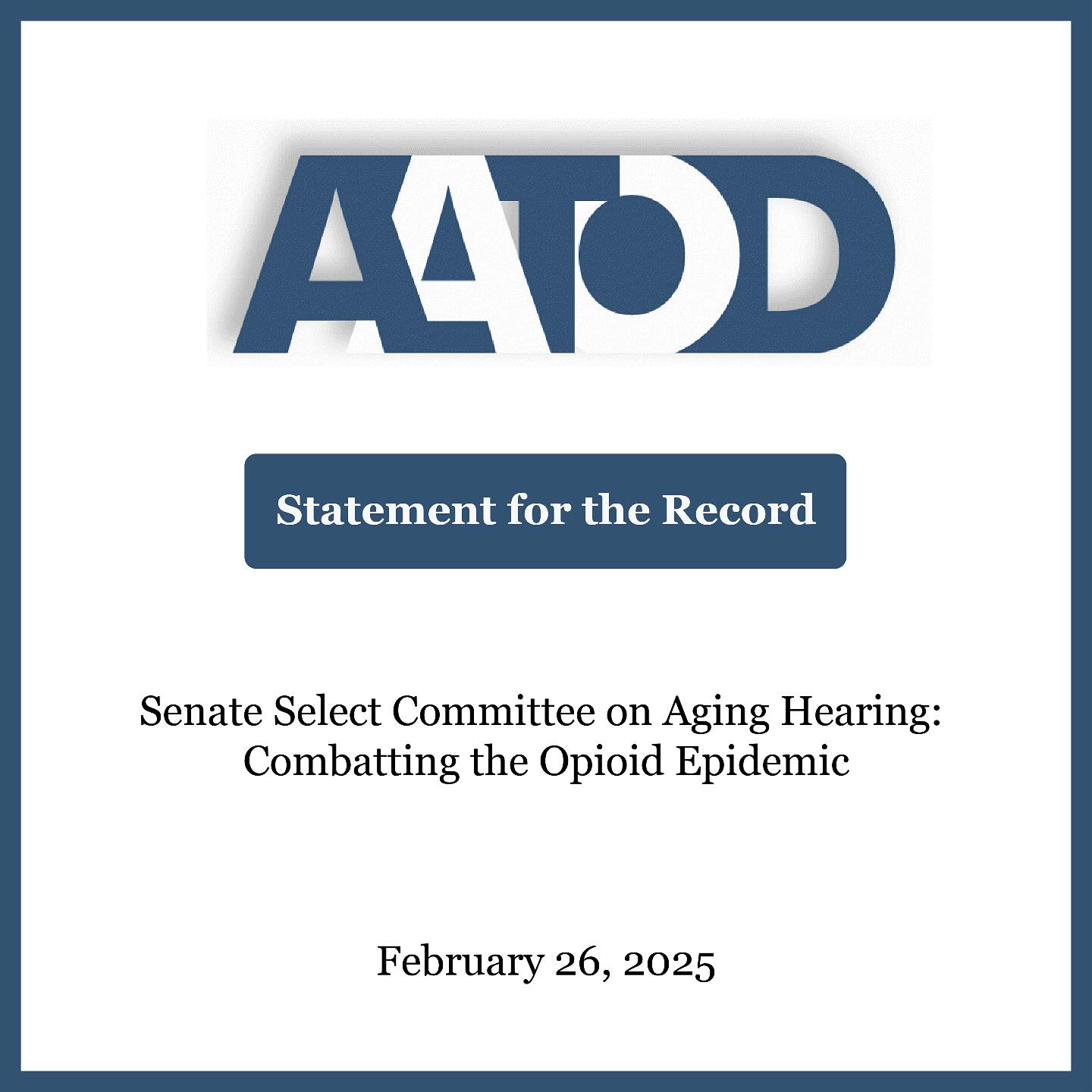
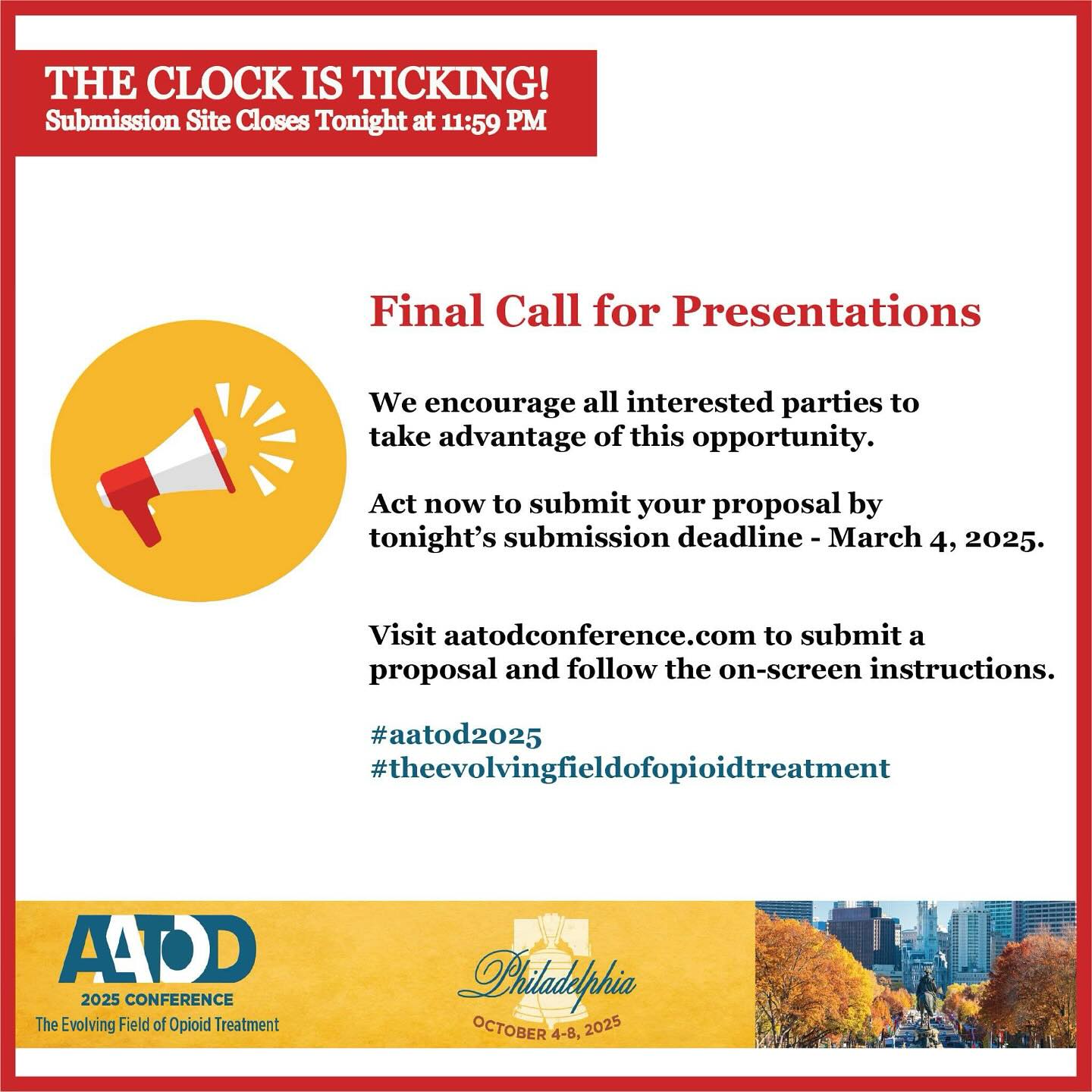
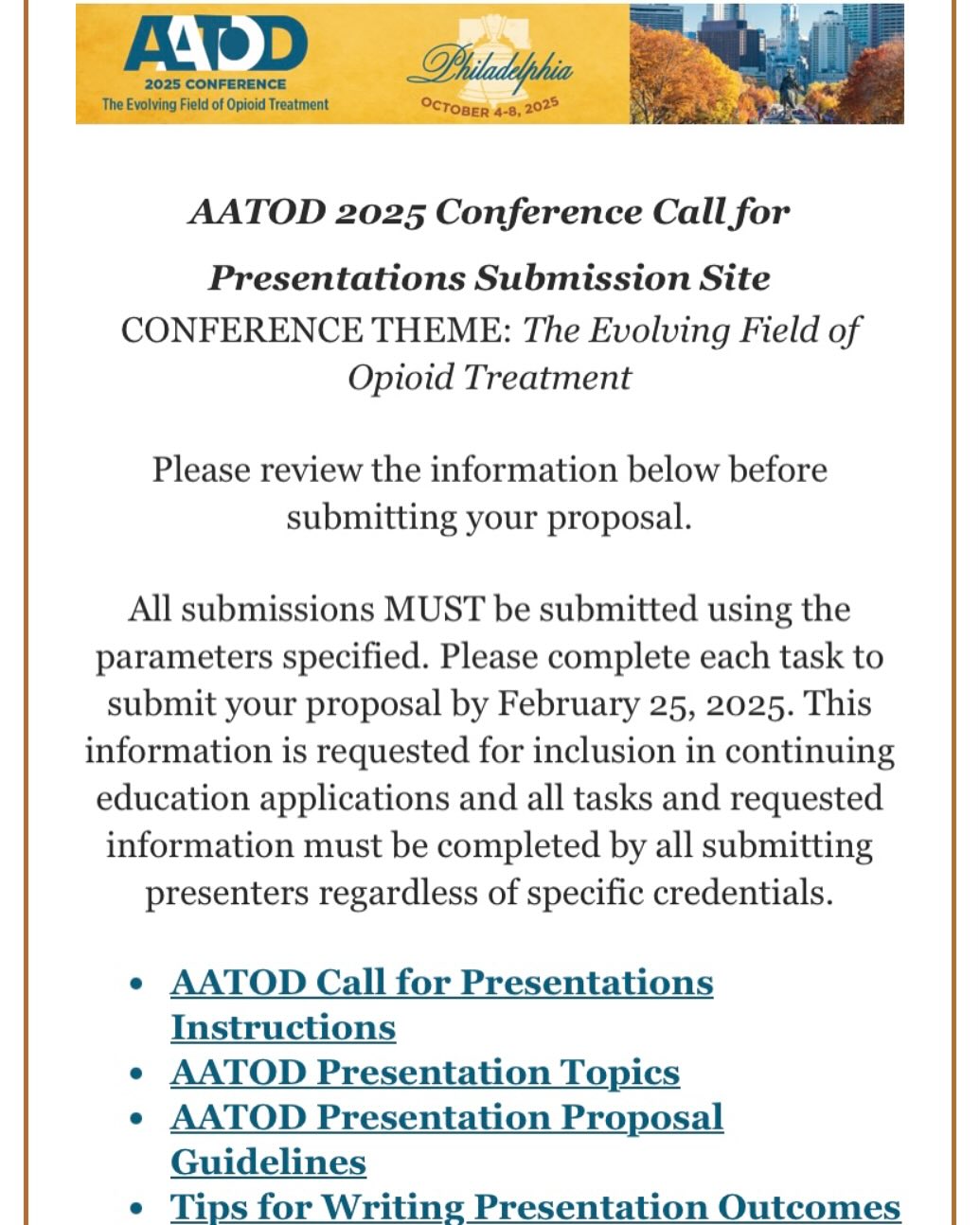

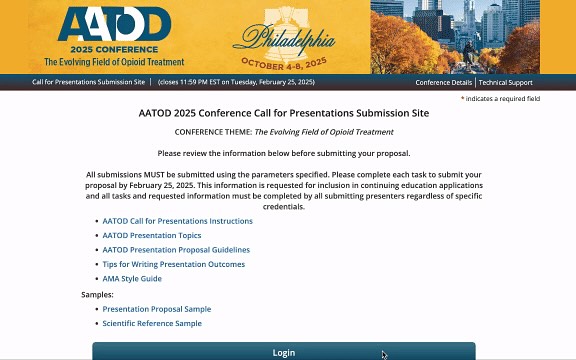
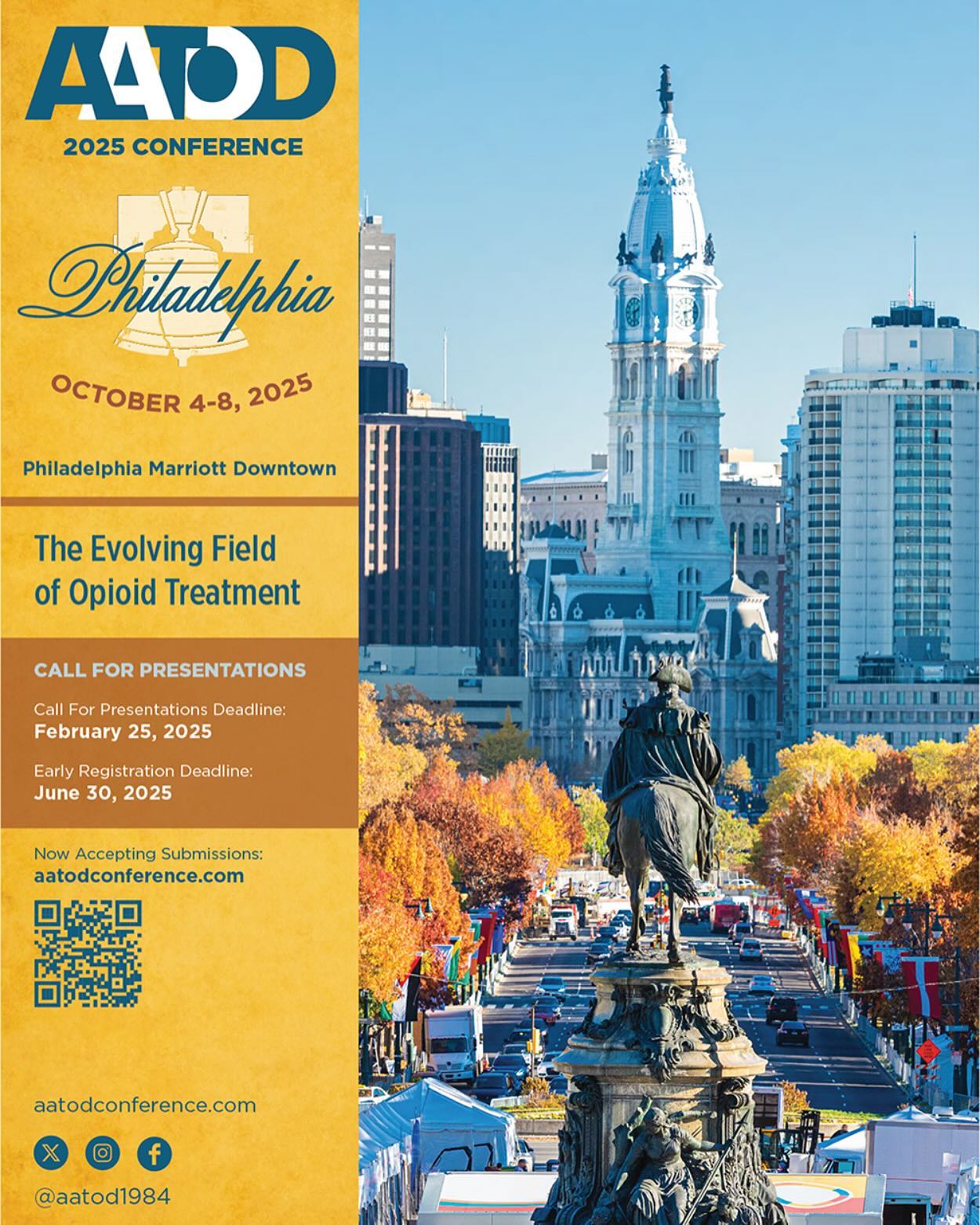













Leave a Reply
Want to join the discussion?Feel free to contribute!